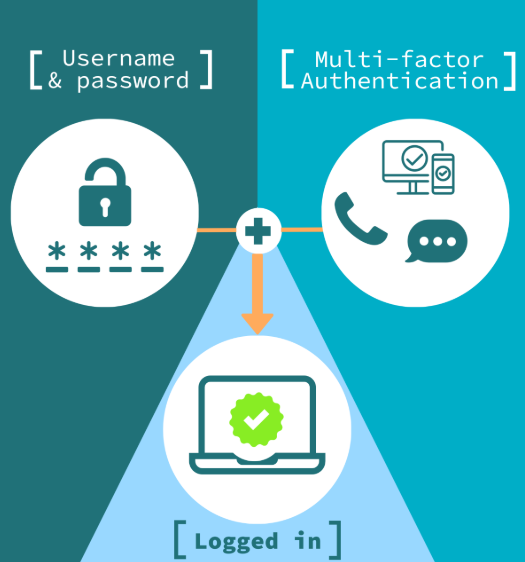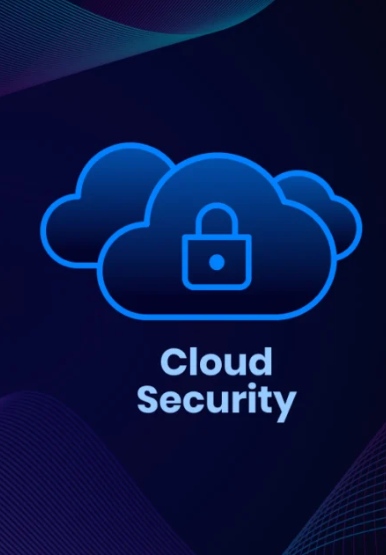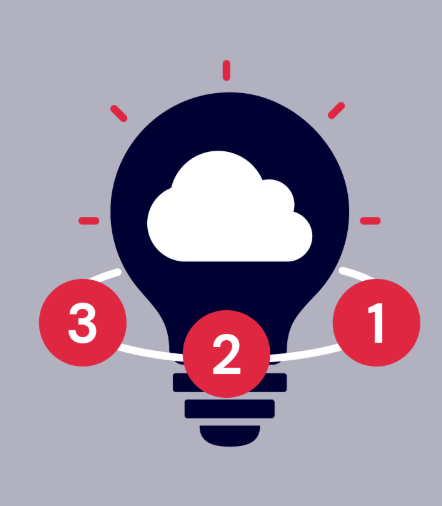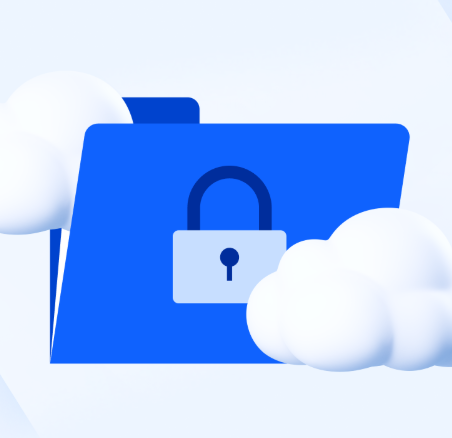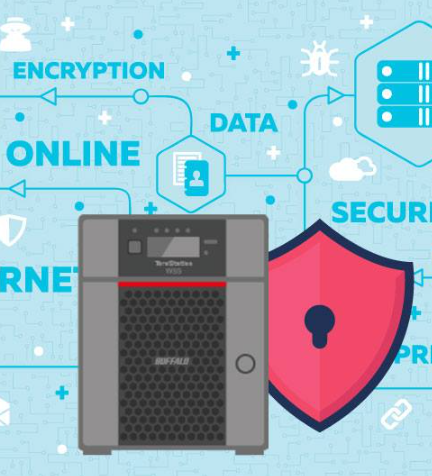
In the modern business world, data is an invaluable asset. It drives decisions, operations, and growth. As businesses increasingly rely on data, securing it becomes a top priority. While traditional backup methods like external hard drives have been effective in the past, businesses today need more sophisticated solutions. Enter cloud data backup services, which offer flexibility, accessibility, and cost efficiency. However, when it comes to ensuring the highest level of security and control, a private cloud backup may be the ideal choice.
What is Private Cloud Backup?
Think of the public cloud as a shared apartment complex where multiple tenants live. Everyone shares resources and infrastructure. In contrast, a private cloud is like owning your own house. It’s dedicated solely to your business, giving you full control over your data and security measures.
A private cloud can either be hosted on physical servers located at your premises or within a third-party data center. In both cases, the infrastructure is dedicated exclusively to your organization, offering a high level of isolation from other businesses. When utilizing services from major cloud providers like AWS or Azure, the infrastructure is often shared, but your data is kept isolated in a virtual environment, ensuring privacy and security.
Key Benefits of Private Cloud Backup
Enhanced Security
With a private cloud, you can implement specific security measures tailored to your business’s needs. This includes firewalls, intrusion detection systems, and access control policies. Having full control over your environment means you can ensure your data is protected from cyber threats and unauthorized access.
Greater Control Over Infrastructure
Private cloud environments give businesses the flexibility to customize their network, storage, and security configurations. This level of control helps optimize performance, ensure compliance with regulations, and improve overall cost-efficiency.
Improved Compliance
For businesses operating in regulated industries such as healthcare or finance, private cloud backup offers a controlled environment that supports compliance requirements. With features like encryption, audit trails, and detailed access control, businesses can ensure they meet industry-specific regulations, such as HIPAA and PCI DSS.
How Leading Providers Approach Private Cloud
While the idea of a private cloud may seem complex, major cloud providers offer solutions that make it easy for businesses to manage their data securely.
Google Virtual Private Cloud (VPC)
Google’s VPC allows businesses to create a private network within their infrastructure, giving them complete control over IP addresses, subnets, route tables, and firewall rules. This ensures that your data is securely isolated, both from external threats and other users.
Amazon Virtual Private Cloud (VPC)
Amazon VPC offers a similar service, where businesses can launch AWS resources like virtual machines, databases, and storage within a private network. By isolating these resources from the public internet, AWS ensures a secure and private environment for your data.
Microsoft Azure Virtual Network (VNet)
Azure’s VNet enables businesses to create isolated network segments and deploy resources like virtual machines and databases within those segments. With security features like Network Security Groups, businesses can control incoming and outgoing traffic, ensuring a high level of security.
Setting Up Backup Software in Your Private Cloud
Once you’ve set up your private cloud environment, the next step is implementing a backup solution to ensure that your data is protected. This process requires careful planning and technical expertise to ensure everything runs smoothly.
Think of setting up backup software in a private cloud like building a secure vault for your business’s data. It’s not just about storing data, but about designing a system that ensures it’s safe, accessible, and recoverable in case of a disaster.
Key Considerations for Setting Up Backup Software
- Choose the Right Solution
Select backup software that aligns with your business needs. Consider factors like backup speed, storage efficiency, security features, and integration with your existing infrastructure. - Configure the Backup Environment
Setting up the backup software requires configuring storage repositories, network connections, and access controls. Ensuring everything is properly connected and secured is essential for seamless backup operations. - Establish Backup Frequency
Define how often your data should be backed up and how long backups should be retained. Additionally, decide which data should be included in each backup to ensure comprehensive protection. - Data Security
Implement strong security measures, including encryption and access controls, to protect your backup data. Preventing unauthorized access to backups is just as important as protecting the original data. - Regular Testing
Regularly test backups and monitor their status to ensure that data can be restored effectively in case of an emergency. Without proper testing, you risk encountering issues when recovery is necessary.
Setting up a private cloud backup solution involves navigating technical complexities, but with the right approach, you can ensure that your data remains protected. If you don’t have the expertise in-house, working with an IT provider can help simplify the process.
Who Should Consider Private Cloud Backup?
While private cloud backup offers numerous advantages, it is best suited for businesses that require high security, control, and compliance. Here are some examples of industries that benefit the most from this solution:
Healthcare Providers
For healthcare organizations, data security and privacy are paramount. Private cloud backup enables them to store sensitive patient data like medical records and images securely, while ensuring compliance with regulations such as HIPAA.
Financial Institutions
Financial institutions deal with highly sensitive data that needs robust protection. Private cloud backup allows these businesses to isolate their data from external threats and maintain strict security protocols, helping them comply with regulations like PCI DSS and GLBA.
Legal Firms
Law firms manage highly confidential client information. Private cloud backup ensures that case files and contracts are stored securely, with controlled access and encryption to safeguard sensitive data.
Businesses with Large Datasets
Businesses such as research institutions, media companies, or e-commerce stores that manage vast amounts of data can benefit from the scalability and cost-effectiveness of private cloud backup solutions. These businesses can optimize their backup strategies as their data grows.
Organizations with Complex IT Infrastructure
If your organization uses multiple servers, applications, and databases, a private cloud backup can provide the flexibility and customization needed to protect complex IT environments.
Conclusion
In today’s data-driven world, protecting your business data is crucial. Private cloud backup offers an ideal solution for businesses seeking enhanced security, control, and scalability. By understanding how private cloud environments work, implementing the right backup software, and considering your specific business needs, you can create a data protection strategy that keeps your information safe and ensures business continuity.





